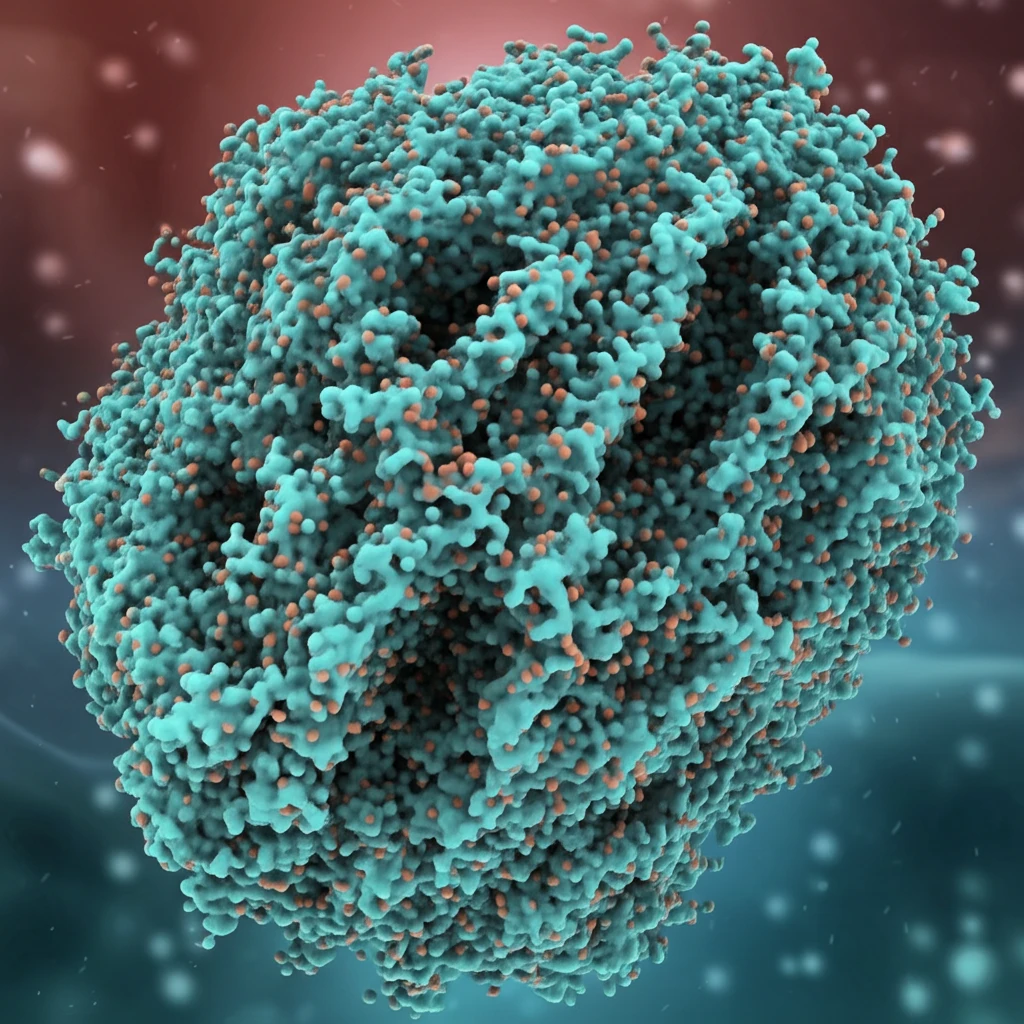
Unlocking Lipase Potential: How Trypsin Treatment Can Boost Enzyme Activity
"Discover the innovative technique of using trypsin to enhance lipase activity and improve its industrial applications."
Enzymes are the unsung heroes of countless industrial processes, playing pivotal roles in everything from food production to pharmaceutical manufacturing. Among these, lipase stands out as a versatile workhorse, catalyzing the breakdown of fats and oils. However, like any tool, lipase has its limitations. Its activity, stability, and the conditions under which it can effectively operate often restrict its full potential.
That’s where enzyme modification comes in. Scientists are constantly exploring ways to tweak and enhance enzymes, making them more robust and efficient. One promising method involves using limited hydrolysis – carefully controlled breakdown – to alter the enzyme's structure and, consequently, its function. Think of it as giving the enzyme a strategic makeover, fine-tuning its capabilities for specific tasks.
This article delves into the fascinating world of enzyme modification, focusing on a particular technique: trypsin treatment of lipase. We'll explore how this method can boost lipase activity, improve its affinity for substrates, and even influence its thermal stability. Get ready to discover how a little bit of trypsin can go a long way in unlocking the full potential of lipase.
Trypsin Treatment: A Gentle Nudge to Boost Lipase Activity

Researchers have discovered that treating lipase with trypsin, a protein-digesting enzyme, can significantly increase its activity. In a study, lipase activity jumped from 584 U/mL to an impressive 759 U/mL after trypsin treatment under specific conditions (1.5 mg/mL trypsin concentration, 30°C, and pH 7.0 for 30 minutes). It's like giving the lipase a gentle nudge to work more efficiently.
- Increased Activity: Lipase activity can be significantly enhanced through trypsin treatment.
- Specific Conditions Matter: Optimal results are achieved under precise conditions (trypsin concentration, temperature, and pH).
- No Direct Substrate Hydrolysis: Trypsin does not directly break down the olive oil substrate, ensuring the effect is solely on lipase.
The Future of Lipase Enhancement
Trypsin treatment offers a promising avenue for enhancing lipase activity and tailoring its properties for specific applications. By carefully controlling the trypsin treatment conditions, researchers can fine-tune lipase performance, unlocking new possibilities in various industries. As research continues, we can expect to see even more innovative approaches to enzyme modification, paving the way for more efficient and sustainable bioprocesses.
